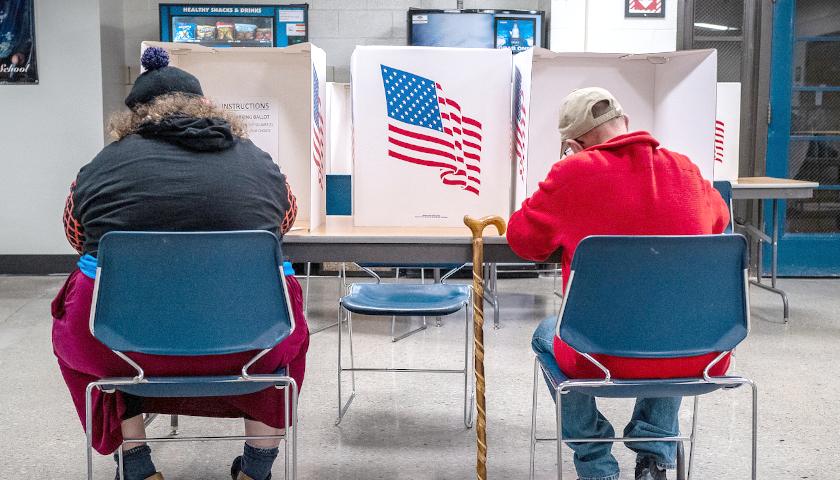by State Senator Chris Kapenga (R-Delafield)
I first ran for office because I saw problems in our state and wanted to be part of the solution for positive change. One such issue is the growing epidemic of crime in our communities. Carjacking in Milwaukee was up nearly 70 percent from 2021-2023 year to date. Milwaukee’s homicide rate has nearly doubled in two years and is on pace to hit another record high, and the problem does not end at the Milwaukee County line. We have all noticed the nightly news reports of robbery, auto theft, shootings, etc. bleeding into communities we once considered safe.
My biggest frustration lately is seeing issues in our community, but having a Governor with whom the Legislature fundamentally disagrees on the solutions. It often feels like the wheels are spinning but we are going nowhere.
However, there is a process whereby the Legislature and the voters have the power to make change on major issues independent of the Governor: a constitutional amendment. Constitutional amendments require the Legislature to pass a resolution two sessions in a row and then to be ratified by the voters on a statewide ballot. If the voters approve the amendment, the proposal becomes the law of the land. Utilizing this process is not easy and, in my opinion, should be reserved for uniquely constitutional issues.
Next week, in the April 4 spring election, voters have an opportunity to weigh in on a constitutional amendment asking two questions relating to providing judges greater flexibility as they consider conditions for release and setting bail in criminal cases. Current language in the Constitution limits what factors can be considered by judges when setting conditions of release and bail.
QUESTION 1: “Conditions of release before conviction. Shall section 8 (2) of article I of the constitution be amended to allow a court to impose on an accused person being released before conviction conditions that are designed to protect the community from serious harm?”
Put simply, under current law, when judges are considering appropriate conditions of release they can only place restrictions on someone if they believe the person will cause “serious bodily harm” which has been interpreted to mean to kill or permanently disable someone. As a result, judges cannot prohibit things like an accused child sex offender from going near a school or playground. This amendment language changes the words “serious bodily harm” to “serious harm,” broadening the definition to include a number of violent offenses that are currently not considered.
QUESTION 2: “Cash bail before conviction. Shall section 8 (2) of article I of the constitution be amended to allow a court to impose cash bail on a person accused of a violent crime based on the totality of the circumstances, including the accused’s previous convictions for a violent crime, the probability that the accused will fail to appear, the need to protect the community from serious harm and prevent witness intimidation, and potential affirmative defenses?”
When setting bail, a judge can only impose bail based on an accused offender’s likelihood of returning to court. Currently, judges cannot consider things like criminal past, likelihood of reoffending, or community safety. Wisconsin is the only state that imposes this restriction on judges. This amendment would allow judges to consider myriad factors when setting bail, including protecting public safety.
I supported this amendment on the Senate floor because I believe these changes will improve public safety, and I look forward to the public making the final decision.
– – –
Senator Chris Kapenga represents the 33rd State Senate District, which covers most of central Waukesha County and Lake Country. He serves as President of the Wisconsin State Senate.
Photo “Chris Kapenga” by Senator Chris Kapenga. Background Photo “Bail Bonds” by Ajay Suresh. CC BY 2.0.





